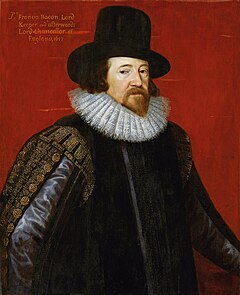 It is wise because it understands that unless a person genuinely loves God, that person is not likely to believe in the fact of Jesus' resurrection. True enough. It's terrifying because it suggests that, apart from a faith in the factuality of an event that occurred over two thousand years ago, a person is equally unlikely to believe that Jesus rose. We cannot see Jesus today, we cannot see those who witnessed his rising. We only have the records, the widely attested and verified historical records, those witnesses left us. As we must do with all of our past, we are always left to reconstruct, on the basis of the evidence available to us, how and why anything happened. We weren't there.
It is wise because it understands that unless a person genuinely loves God, that person is not likely to believe in the fact of Jesus' resurrection. True enough. It's terrifying because it suggests that, apart from a faith in the factuality of an event that occurred over two thousand years ago, a person is equally unlikely to believe that Jesus rose. We cannot see Jesus today, we cannot see those who witnessed his rising. We only have the records, the widely attested and verified historical records, those witnesses left us. As we must do with all of our past, we are always left to reconstruct, on the basis of the evidence available to us, how and why anything happened. We weren't there. Nonetheless, even if these records are historically accurate and true, one is not likely to accept them unless she decides to believe in and love the one of whom they speak.
That's how faith works. Even if we have the evidence, in the end, it is only with love, a trusting love in faith, that we believe.
Faith never said it was easy.





